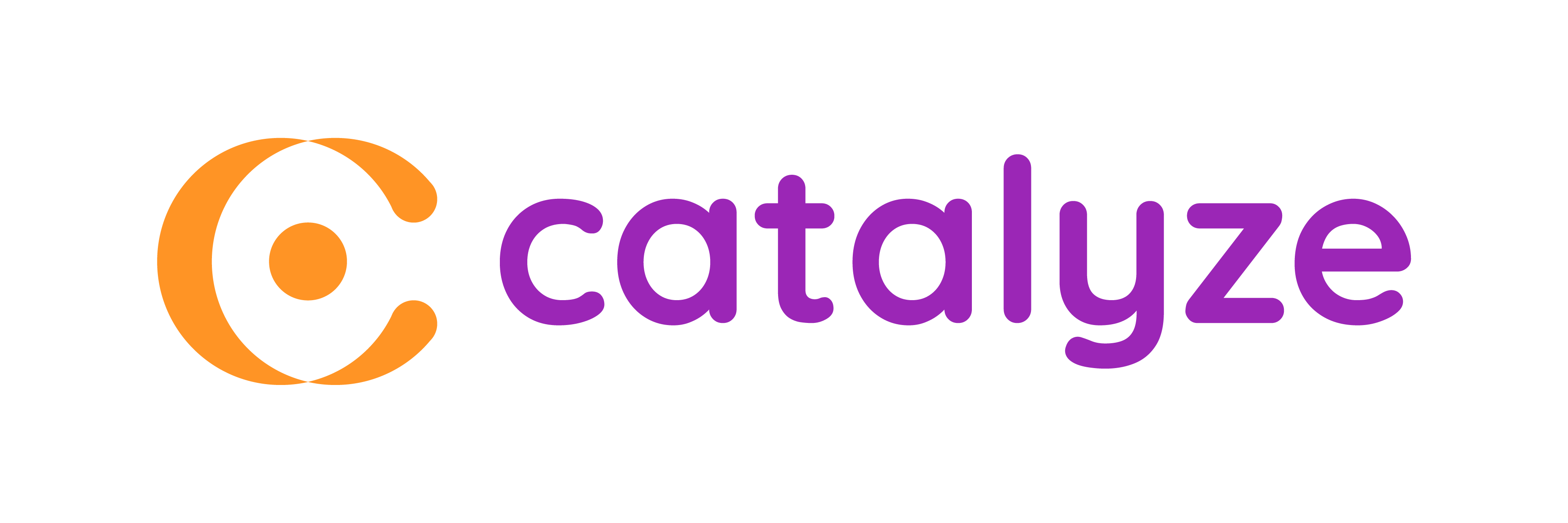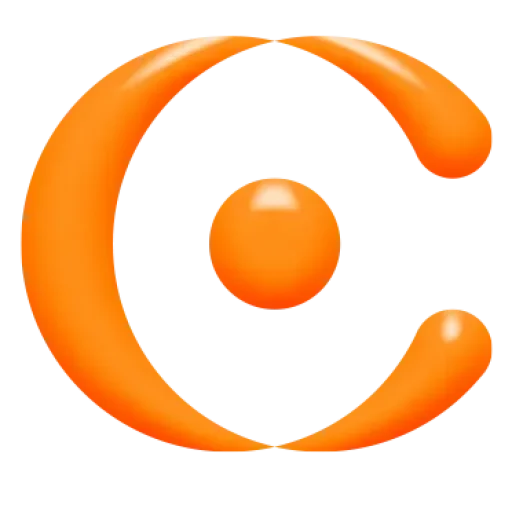The term theory of knowledge (TOK) may sound intimidating to students when first confronted with it. In fact, it is not just a subject on its own but is one that is based on all the other learnings that the student has accomplished. That being said, it is a core element in the IB curriculum and must not be taken for granted. A student receiving an E in TOK will not receive his/her diploma.
Understanding ToK
The basic concept of Tok is it provides students an opportunity to reflect on what knowledge is. To simplify what this means, TOK may be considered as an understanding of what accepted beliefs are and how they differ from opinion. TOK encompasses the ability of students to share and express their views on what are called “knowledge questions.” This is a term that covers everything that can be questioned. ToK covers a vast area of knowledge, and there is no finite limit to the questions that may be asked. Because of the huge scope of the subject, schools and teachers are given the freedom to choose the course material and the teaching methodology that they think will work best for their students. ToK is a very interactive subject and demands a high degree of intellectual curiosity, logic, and reasoning from students. The basics of ToK may be summarized as:
Areas of knowledge: This covers the various facets of knowledge and how they are gained. For example, a student may be presented with a question that asks what is the reason for studying history and how can the knowledge gained be applied to life. The ToK syllabus covers specific areas of knowledge – mathematics, human sciences, natural sciences, history, indigenous knowledge systems, religious knowledge systems, ethics, and the arts.
Ways of knowing: This covers the various ways in which knowledge is acquired and the advantages and disadvantages of each one. The gaining of knowledge is broadly divided into sense perception, intuition, memory, reason, faith, emotion imagination, and language.
Types of knowledge: This includes such questions as:
What is the nature of knowing? What is the difference between information, knowledge, wisdom, data, faith, belief, and opinion?
Community knowledge: Communities have accepted beliefs. What are the beliefs that may be questioned?
The effect of perspective: In what ways do age, education, experience, culture, etc. influence the methods of acquiring knowledge and its acceptability?
The application of knowledge: How is knowledge to be used?
Justification of knowledge: Should claims of knowledge be assessed critically, and if so, why?
Also Read: Differences Between IGCSE And IB Curriculum
Assessment
TOK assessment is in 2 parts – an externally evaluated 1200- to 1600-word essay and an internally assessed presentation. There are set criteria for the assessment process.
- A single or small group of students must make a presentation to the class on a real-life situation that the students can relate to.
- In the examination, students will be presented with 6 essay titles from which one must be chosen. The essay must consider the issues raised by the title and after examining, claims and counterclaims reach a valid conclusion.
TOK is a highly complex subject and requires a thorough understanding of what it encompasses and what the objectives are. The vast nature of the course can make it difficult for complete coverage to be accomplished via classroom teaching. Customized and personalized Live Interactive Online programs from a reputed organization with experience in IB and qualified tutors will enable students to get the individual support they need to maximize their IB grades in TOK and other IB subjects.









